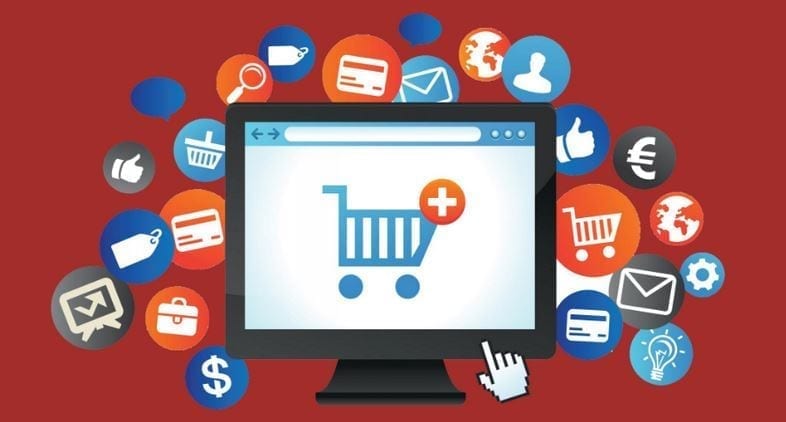Expensive Ecommerce trend: not good, money back ... and leave that return
Buy something that is delivered for free, determine that it is not what you were looking for, claim your money back and keep your order. True or False? It is increasingly true. A growing number of webshops let their customers know that they do not have to return their 'bad buy'. Often already in advance. The reason is simple: the costs associated with the handling of returned products are skyrocketing. The online consumer is smiling. Retail experts are concerned about this expensive Ecommerce trend.
The return of purchased and tried products is getting out of hand in the Netherlands. We are the absolute return champions of Europe. More than 13 percent of all ordered goods go back to the sender, the webshop, as appeared last January investigation of parcel deliverer DDP. Germany, Ireland, Poland and Switzerland follow us closely with 12 percent. The average European return percentage fluctuates around 10 percent. Fashion items are at the top. Electronics products are making rapid progress. The right to free returns is a decisive factor for Dutch consumers to choose a specific webshop. The easier the retailer makes it for commercial reasons, the more items will be returned.
Free returns have long been one of the biggest challenges facing the Ecommerce industry. We wrote about this before headache file that many web shops cost a lot of money and are hardly socially responsible. Initiatives to reduce the number of return shipments are not yet successful. No web shop takes the commercial risk of having the consumer pay first for returning items.
Transport and handling costs cause expensive Ecommerce trend
In fact, an increasing number of web shops say: you get your money back, but keep the things. Het Financieele Dagblad recently revealed this expensive Ecommerce trend. It would mainly concern smaller packages with a value up to € 25. Forerunners in this new trend are webshops that sell via bol.com and Ali Express. According to the Financieele Dagblad, Coolblue and frank.nl are also participating in the trend. Reason: the sum of transport and handling costs such as unpacking, checking and finding a new sales channel results in a disproportionate cost item. Write off and take your loss is cheaper. A Coolblue spokesperson says it as follows rtlz.nl: “For customers, the right to return is regulated by law. But returning an HDMI cable or toothbrush is of course a waste of the costs and driving the vans. ”
Experts warn: consumers are going to 'abuse' this Ecommerce trend
Retail experts raise the warning finger. According to them, there is a chance that consumers will 'abuse' this Ecommerce trend. More and more web shops will be forced to 'give away' products. The larger players can afford this quite well, but the chance that smaller webshops will be pushed out of the market is increasing. This is a real threat, especially with Amazon's arrival in the Netherlands. The affiliated webshops have been able to choose the option here for a long time Refunds Without Return. They indicate that the order does not have to be returned, but that the purchase amount will be returned. According to Amazon, this option was implemented at the request of the webshops themselves. To reduce costs.
The right to return is regulated by law. But the law says nothing about it free return. So there are voices for consumers to help pay for this expensive process. Comparisons are even made with the discussion about a deposit obligation on cardboard and plastic packaging and the now abolished disposal fee on refrigerators and washing machines. It is not a strange comparison, because the entire return problem not only costs the Ecommerce sector millions, it is also bad for the environment. Buses drive on and off and many products are destroyed. The consumer is also very likely that bad buys that you do not have to return will disappear in the click-through. The mountain of waste is growing.
An expensive Ecommerce trend that is not easy to reverse
It is a dilemma. Webshops want to be sustainable, but customer-friendliness is paramount. The right to free returns is an essential promise in the sales funnel. The Dutch consumer does not relinquish this quickly. And the complicated logistics surrounding return shipments cost a lot of money. So there is a good chance that the motto 'money back, but you can keep the product' becomes the new standard for small purchases. It is an Ecommerce trend that is not easily reversed.


